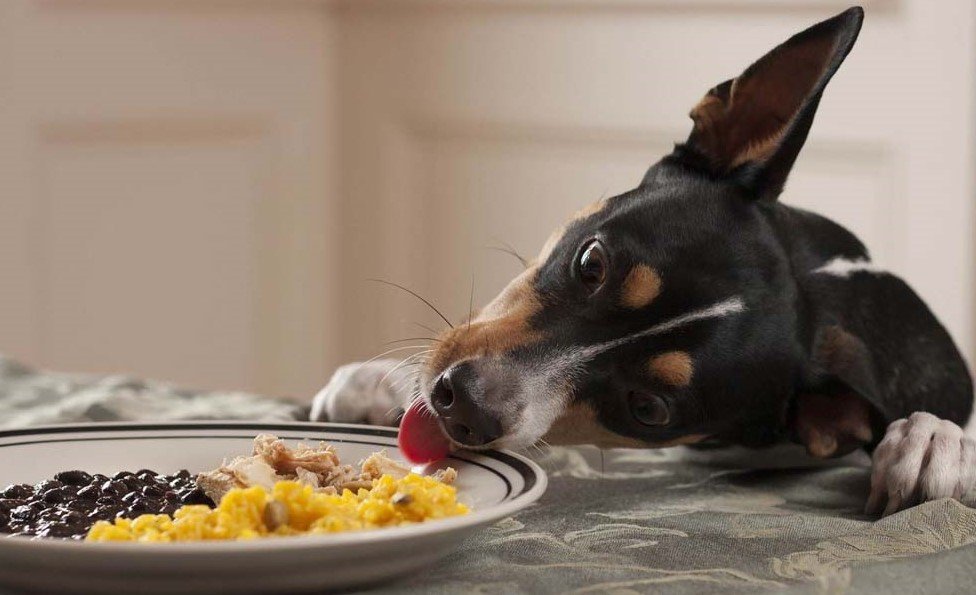Feeding pets table scraps might seem like a harmless way to share your meals with your furry friends, but experts warn that this habit can lead to serious health issues. Dr. Katrina Warren, a renowned veterinarian, highlights the risks associated with giving pets food from the dinner table. From digestive problems to toxic reactions, the consequences can be severe. Understanding these dangers can help pet owners make better choices for their pets’ health and well-being.
Digestive Issues and Weight Gain
Feeding pets table scraps can cause significant digestive problems. Human food is often too rich and fatty for pets, leading to vomiting, diarrhea, and even pancreatitis. Pets’ digestive systems are not designed to handle the same foods humans eat, making it crucial to avoid giving them leftovers.

Weight gain is another major concern. Even small amounts of high-calorie human food can add up quickly for pets. Overweight pets are at risk for various health issues, including arthritis, diabetes, and heart disease. It’s essential to monitor their diet and ensure they receive proper nutrition without the extra calories from table scraps.
Encouraging pets to eat their own food rather than human food helps maintain their health. Providing them with balanced, pet-specific diets ensures they get the nutrients they need without the risks associated with human food.
Toxic Foods to Avoid
Certain human foods are toxic to pets and should be avoided at all costs. Common foods like chocolate, grapes, raisins, onions, and garlic can cause severe reactions in pets. These foods can lead to symptoms ranging from mild stomach upset to life-threatening conditions.
Cooked bones are another hazard. They can splinter and cause choking or internal injuries. It’s important to keep these and other dangerous foods out of reach to prevent accidental ingestion.
Processed foods often contain artificial sweeteners like xylitol, which is extremely harmful to pets. Always check ingredient labels and avoid giving pets any food that might contain these toxic substances.
Behavioral Problems
Feeding pets from the table can lead to unwanted behaviors. Pets may start begging for food during meals, which can be annoying and disruptive. This behavior can also extend to guests, making it uncomfortable for visitors.
Allowing pets to eat human food can make them less interested in their own food. This can lead to nutritional imbalances and health issues over time. It’s important to establish boundaries and train pets to eat their designated food.
Providing healthy, pet-specific treats can help reinforce good behavior. These treats should be given in moderation and factored into their daily caloric intake to prevent weight gain and other health problems.









